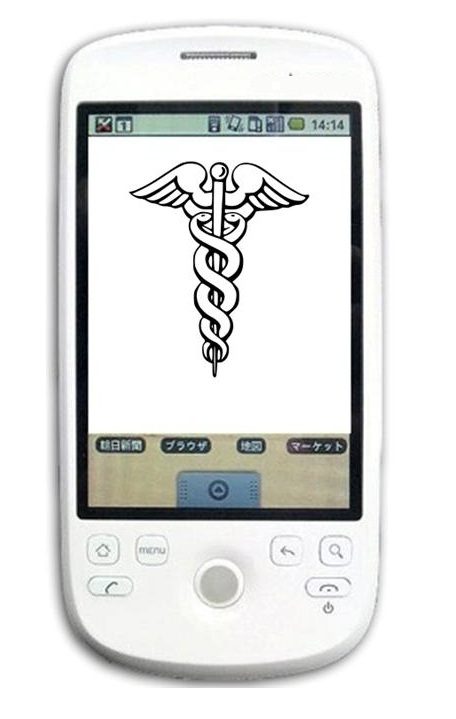
A new report has predicted that tablets will lead the channel to a $50 billion in 2014.
A recently released report by eMarketer has added yet another piece of evidence to the claim that mobile is no longer a convenience or a fad, as t-commerce starts to come into its own and will lead the way to a highly valuable marketplace.
The report indicated that tablets alone will generate $24 billion in sales in North America by the end of 2013.
However, that is merely the beginning, as the report also indicated that this t-commerce figure will climb nearly twice over, to reach $50 billion in the United States by the close of 2014. This not only indicates that the role of mobile is growing explosively, but it also shows that tablets are now playing a vitally important part in this increase.
The spending in both m- and t-commerce has jumped tremendously since 2011.
Including both smartphone and t-commerce, the mobile spending reached nearly $25 billion. That represents a spike of 81 percent over the figures that were achieved the year before. This year, it is expected that m-commerce will be cutting a share worth 15 percent of the total online sales numbers, according to the predictions from eMarketer.
From the t-commerce side, on its own, tablets will make up over 9 percent of all sales made online. By 2016, eMarketer feels that tablets will represent up to 17 percent of the total sales online.
The majority of the t-commerce traffic will come from the popular iPad. The report predicted that “the bulk” of the tablet based web traffic will come from this Apple device, as it currently accounts for around 90 percent of the web traffic from this type of gadget. Though this may shift somewhat within that time, it will still maintain its majority share, said the report.
Previously performed t-commerce research has already indicated that consumers are more likely to use a tablet than a smartphone for doing their shopping online. It also determined that when those customers make purchases, they’re likely to spend a larger average amount of money than their cell phone using counterparts.
 Mhealth technology trends
Mhealth technology trends
Consumers in growing numbers are tying their healthcare to internet and mobile devices, bring mhealth and mobile commerce closer and closer together. More often than not, patients have already looked up their symptoms online long before they land in a waiting room or even an emergency room.
Google it first
Google, Bing, and other searches are fast becoming part of medical care for patients. Looking online at sites like WebMD is a lot faster than making an appointment and sitting in a waiting room for an hour waiting to see a real doctor. A study by DC Interactive Group and Demi & Cooper Advertising surveyed 18-24 year-olds about healthcare information. A whopping 90% stated that they believe in information found on web sites and through social media about medical conditions.
Anyone with a computer can post medical advice online, which is hugely dangerous, but there are credible sites out there. WebMD is one of them. Some have real doctors and nurses answering health care concerns for users, some on a paid basis. Other than information about symptoms and what they may mean, users also post reviews of doctors and medical institutions online, all available for anyone searching to find and read.
mhealth and mobile commerce
Doctors and medical facilities have a decent presence on social media. More than half of doctors surveyed believe that this actually helps to improve patient care. The downfall is that doctors have privacy laws that they must follow so they must be careful about how they address concerns and questions on social media. In a way, this can mean revenue through mobile means – mhealth mobile commerce – but can also be very limiting about how specifics are addressed.
Most doctors and nurses would agree that going on the internet to get medical advice is not the best option. An in-person visit is always essential, especially when a condition could be serious. However, some medical advice online can be useful and some mobile commerce tools can also help save likes. Apps that record when a patient takes medication or emails caretakers when medication has been skipped can go a long ways towards saving lives and upgrading quality of life for patients.


 Mhealth technology trends
Mhealth technology trends